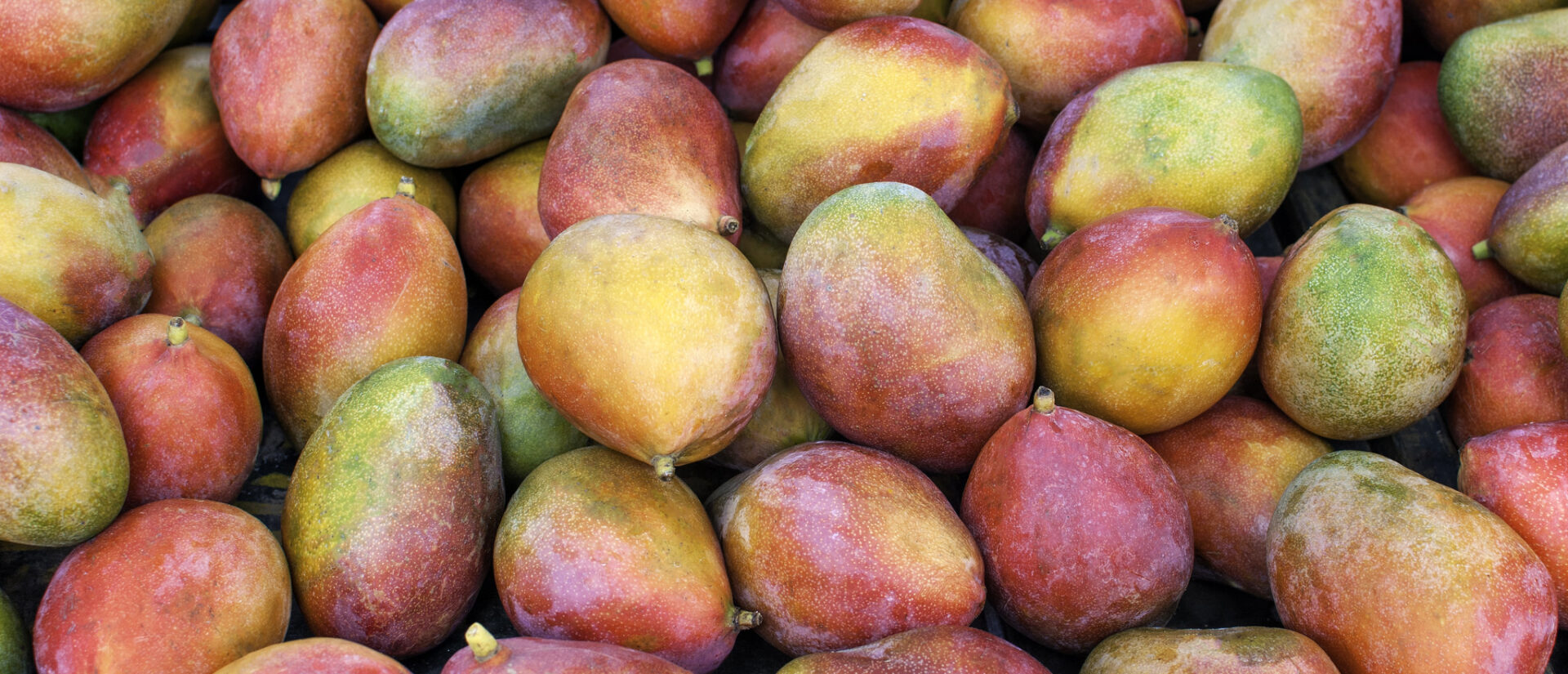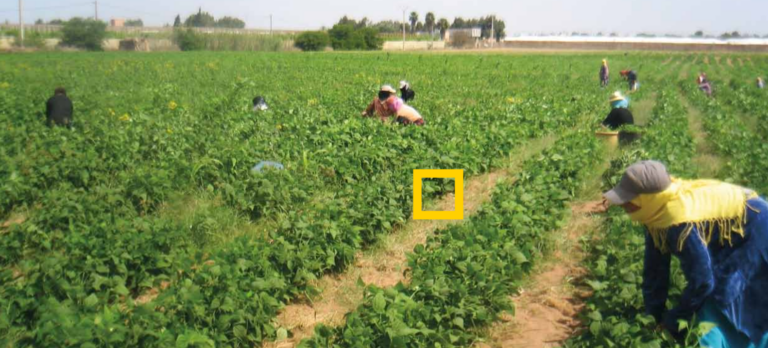
Buying power of supermarkets a threat to food production
At the general consultation about food and food prices in the Dutch House of Representatives on 6 February, one important topic was missing: the growing power of supermarkets in the food chain, often with negative consequences for food producers. At a European level, the decision was made on 31 January that unfair trade practices must be prevented. Various EU member states have taken measures. If the Netherlands wishes to cultivate an economically healthy and sustainable food production industry, it is high time that the Netherlands also can offer guarantees of honest purchasing practices to Dutch and foreign suppliers, says Myriam Vander Stichele, senior researcher at the Centre for Research of Multinational Enterprises (SOMO).
European consumers buy three quarters of their potatoes, vegetables and fruit in supermarkets. Farmers are almost unable to sell their fresh products via auction anymore, and are dependent on the buying practices of supermarkets, directly or indirectly. In many EU countries, the market is dominated by a small number of large supermarket chains, some of holding up to 30% of the national market. In the Netherlands Albert Heijn has a market share of approx. 33.5% and together the four largest supermarket chains have a market share of almost 70%.
What is the problem?
Due to their dominant position, supermarkets are increasingly able to force farmers and other food producers to give them low prices as well as other advantages. In the long term, however, these producers can no longer cover their costs. Particularly farmers with perishable, fresh products have weak negotiation positions. It is becoming harder for food producers to invest in economically feasible, sustainable and innovative production. The quality and diversity of the food production, as well as labour conditions and environmentally-friendly business operations, can be subject to severe pressure.
Supermarkets are using cheaper prices to attract customers – especially in times of crisis. More customer volume in turn makes them more powerful as buyers of food. This vicious circle has to be broken to guarantee a more fair distribution of income, profit and risk; to guarantee honest and fair food production in the Netherlands and beyond.
Action at a European level
Unfair trade is daily practice, as thorough research in fourteen different European countries has shown. Examples are unilateral price drops (Albert Heijn (2%) and Jumbo (1.25%) in September 2012); late payments; deflecting the risks of non-sold production; threatening to discontinue business relations if price is not reduced.
Many European countries have legislation or codes of conduct in place to prevent abuse of buyer power. In France there is a permanent observatoire that watches the prices and margins in the food chain and publishes them (1). After failure of voluntary consultation between the various organisations in the food chain, the European Commission now wants to limit abuse across the EU via an Action plan in the distribution sector (2) and via a Green Paper about tackling unfair buying practices. (3)
Now what?
In the Netherlands the lawmakers want to leave the initiative in hands of business and to facilitate a voluntary code of conduct. But there are also other options that can restrict the unfair buying practices of supermarkets where necessary.
First, the Netherlands Competition Authority (NMa) and the Nederlandse Autoriteit Consument en Markt (ACM, Dutch Authority for Consumer and Market, which is recently formed) need to have the political will and capacity to thoroughly investigate the buying practices of the largest supermarket chains, and the various consequences, themselves.
Moreover, the NMa and the Ministry of Economic Affairs need to make a broader interpretation of the
Mededingingswetgeving (Dutch competition legislation) possible. The lowest price for the consumer may no longer be the most important criterion, the quality and diversity of the product also need to count – the consumer needs to be given a choice.
The House of Representatives can implement legislation on fair trade practices and honest contracts between companies – possibly in advance of European agreements.
(1) L’Observatoire de la formation des prix et des marges des produits alimentaires(opens in new window)
(2) European Commission, Communication [….] setting up a European Retail Action Plan(opens in new window) , 31 January 2013, announced via this page(opens in new window) .
(3) European Commission, Green Paper on unfair trading practices in the business-to-business food and non-food supply chain in Europe(opens in new window) , 31 January 2013.
Do you need more information?
-

Myriam Vander Stichele
Senior Researcher
Related content
-

-
-
 Myriam Vander StichelePosted in category:Publication
Myriam Vander StichelePosted in category:Publication Myriam Vander Stichele
Myriam Vander Stichele

